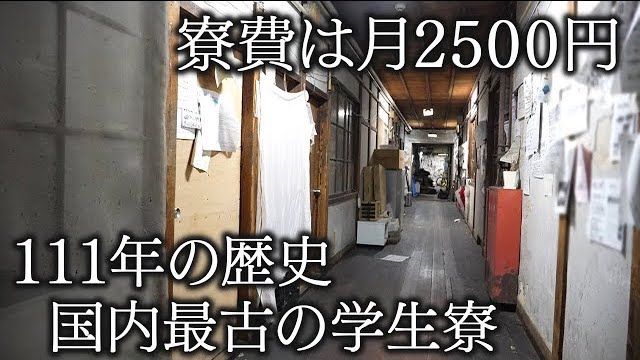Japan’s gambling dates back to the 7th century when Japanese residents began playing games that involved some sort of chance-taking. The natives were influenced by Chinese culture.
These early games in the 7th century have now taken a turn into gambling in Japan. Indeed, the country’s gambling culture has evolved tremendously. The glamourous and vibrant vibe of casinos in Japan is to truly die for!
The Japanese gambling culture is quite interesting. Today, gambling in Japan can be seen as a beautiful amalgamation of technology and tradition. The credit goes to the history of Japan where gambling was a means of entertainment.
There are ample betting houses in the country although some forms of gambling have not been legalized yet.
Although gambling occupies a grey area in Japan, tourists and natives thoroughly enjoy gambling online on various sites. On that note, Gorou Matsuda - the expert of the casino industry will walk you through the origin and rules of Japanese culture. Read more about Gorou here.
The origin of Japan’s gambling culture
Japan’s emperor Temmu played a game called Sugoroku which is similar to backgammon, a western gambling game. Unlike modern backgammon, the doubles in Sugoroku are not considered special and closing out means an obvious win.
The game got banned during the reign of Empress Jito. Did it stop people from playing? Not really. During the Heian period, Japanese across different cities like Kyoto enjoyed betting on horse racing, cockfights, cricket, and other sporting competitions.
From 1200 onwards, gambling got prohibited with more strict laws coming into being.
In the 1700s, large and light gambling activities started being treated differently. Lighter bets included lotteries whereas larger bets included bets on sporting events.
One of the oldest gambling games in Japanese culture is Cho-Han Bakuchi. It was run by bakuto (traveling gamblers). Today, the game remains popular among the yakuza, the Japanese criminal underground.
This game uses two six-faced dice. The dealer shakes the dice in a bamboo cup while the players bet on the sum of the numbers that come up on the dice. It can either be even and odd.
Pachinkos
With the passage of time, innumerable gambling games were adopted by the Japanese. The game of chance became more popular in 1923. Soon after, pachinko emerged.
By the early 1930s, pachinko became extremely popular. However, a few years down the line, authorities banned the sale of pachinko machines.
Pachinko involves exchanging steel balls with the parlor in exchange for special prize tokens. These special tokens can further be sold for cash outside the parlor, usually at a booth located next to the parlor. 近くにあるパチンコ屋のオススメが知りたいなら https://ecasinos.jp/ に必要な情報すべてがまとまっています!
Interestingly, the steel balls cannot be traded for cash directly which does not violate the Japanese law that restricts gambling for cash in Japan.
Horse Race Betting
Horse race betting has been another popular sport in Japan since the very beginning. It forms a crucial part of Japanese culture. The natives bet on horses to make money.
Want to experience or closely watch the Japanese tradition? A visit to the oldest betting hall called Japan Nihon Wagering Hall is the best way out.
Poker
Another gambling game in Japan is poker. With little to no historical references, the game is believed to have developed from a different version of Poker called The Game of Five Kings or Maiyama.
Takarakuji
Takarakuji (lottery) is one of the easiest types of gambling you can play in Japan. There are three types of Takarakuji.
The first type of Takarakuji is the regular lottery where numbers are marked on the ticket. In this second type, you pick multiple numbers and win if you guess the digits correctly.
The third type is the Jumbo Takarakuji. There is no age restriction to play the lottery, however, some booths do not sell it to children under 16 years of age.
The Bottom Line
Gambling is one of the most ancient leisure activities in human history. In Japan, it carries cultural significance. The roots of gambling are quite deep, and it is next to impossible to eradicate it from the country completely.
The brilliant example of this is that despite all the restrictions by Japanese authorities, the gambling culture is very much alive and kicking in Japan as people easily found loopholes in the laws to feed their urge to gamble.










